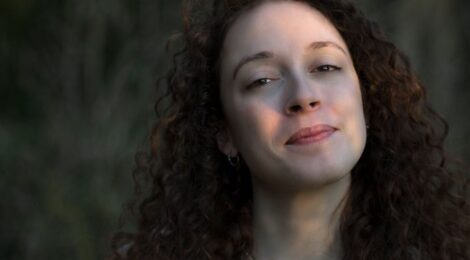
Galilei Circle of Friends – Interview with Diletta Taverni
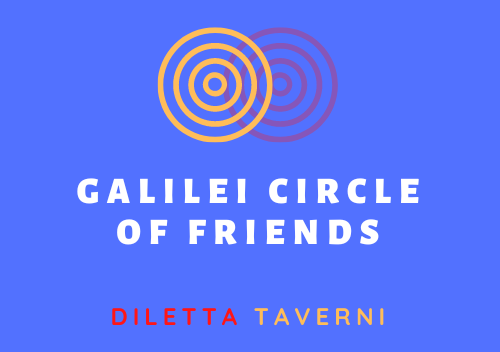
Diletta Taverni is a junior copywriter with international experiences as an Italian teacher in China by the Galileo Galilei Institute. Her academic mix consists in a bachelor degree as cultural mediator by the Università per Stranieri Siena and a master degree in management of cultural and artistic activities by University Ca’ Foscari in Venice.
Her last Chinese trip brought her to Dunhuang where she got selected to take part in an internship and learned how to be a tour guide by the famous UNESCO Mogao Caves site. She analyzed the behavior of Chinese indoor tourism flow in Gansu Province in pre-Covid era (2019) in her master thesis. Starting from 2020 she is working in her hometown Tuscany (San Miniato, Pisa) where she is in charge of hosting events and promoting local artisan and products to foreign tourists.
She is also part of the European Solidarity Corps project where she organizes workshops and seminars about ethical purchase and sustainability since she never stopped enjoying having a class in front of her to talk about what she had to say.
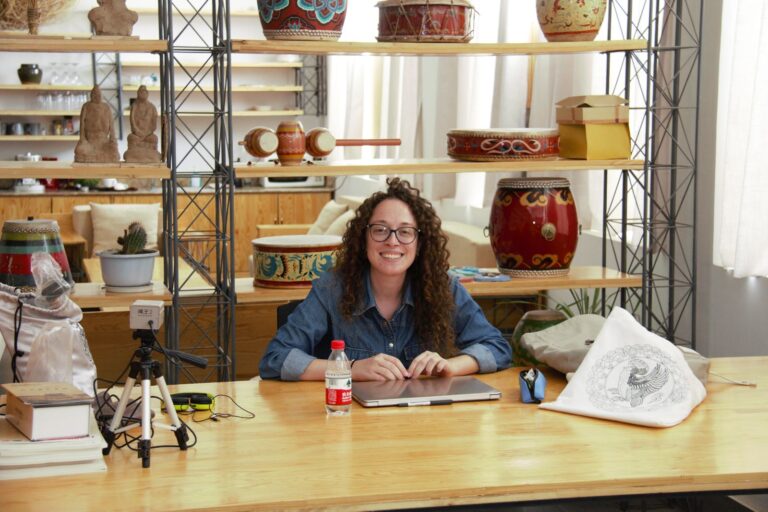
Personal relationship with China – How did everything start?
I consider myself a lucky person when it comes to China because I got the chance to take part to great learning opportunities with experiences that have enriched forever my professional curriculum. I have a long relationship with China, as a former Italian teacher for Marco Polo and Turandot Students.
I was a student at the Università per Stanieri di Siena which is a master University in preparing Italian teachers. I know quite many of them. My colleagues have flown in every Italian school of the world and spread the words and the images of the Italian “Bella Vita”. By the time I got graduated I won an international internship by the Galielo Galilei Italian Institute in Chongqing University (2015).
It was a great big of a deal because I had just come back from my first travel in China (November 2014) for a similar experience: I was hosted by the elementary school in a rural town, Fengling (in Zhejiang) for a beautiful project promoted with COSPE Onlus (Florence). It is well known how most of the Chinese immigration in Tuscany (think for example about Prato town) are from the same region, due to a network of personal relationships that links most of the migrants throughout time and space. The students I gave classes to were very young, precisely elementary students but also middle-aged students who were waiting to reach their parents in Italy while they were living with their grandparents. The impact of this situation has never vanished from my mind and my heart. I even took their Chinese classes to become better buddies and study with the same elementary books.
So when I got to Chongqing I thought I was prepared for anything. But the impact with a big city was real. Picture this: I went to visit the construction site of the Raffles City. My life was in the Chongqing Campus. I got Chinese classes in the morning and Italian classes in the afternoon. I loved the campus life! Having morning breakfast by the canteen was the best because the international group was so exciting and excited to be in such a thriving city. With my co-intern Martina Telesca we shared our grammar task and different exercises because the program we were about to start was very intense: the class was doing a focus teaching to reach a A2 in time to get a Visa and travel to Italy. I got the listening part and since I am a musician I just felt it was just meant to be.
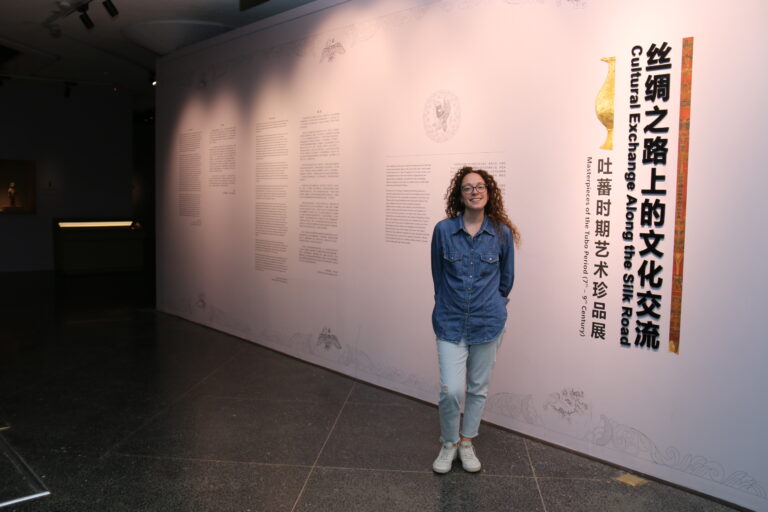
How did your experience China by the time you were teaching at Chongqing?
It was actually very inspiring for me to learn about the personal stories of those young students. They were about to travel to try an international certification by studying in artistic fields: Design, Fashion, Arts and Music Conservatory. It was not always easy to prepare them to this life changing experience, because it was not just about the language, but I felt they might be interested even more in what they were about to find it Italy. I tried then to integrated in the classes some extra information and I noticed that that was the best way to catch their attention. As soon as we finished the to do exercise, I always had a ppt ready to show them some picture of Italian cities, some song of Italian singers, some painting of Italian museums, even some pop films.
This wider program gave us all by the Galileo Galilei Institute the idea to spread the teaching time to the whole academic community and we prepared some evening classes for anybody who were interested in learning some words of Italian. But it was also a way to engage more with one another. In fact, Martina and I proposed two seminars: one about food and cuisine differences in Italy (food is always engaging), and one about Italian melodrama, the Lyric Opera. “A journey inside Italian Melodrama” (The Presentation is still available online at this link – Presentation).
In classes I introduced the students to the theme and importance of music in Italian history by reading a comic I found online about the story of “Turandot”, the story written by Maestro Giacomo Puccini. I thought it would be a beautiful way to put together all their interest of art, fashion, and music in one big drama. At the end of the evening seminar two of ours students who gave a short singing performance of the famous Italian song ‘O sole mio”. We also had some fun by the end of the event where all the guest got a special love potion a mysterious phials and a music suggestion to listen “Elisir d’amore” by Maestro Gaetano Donizzetti!
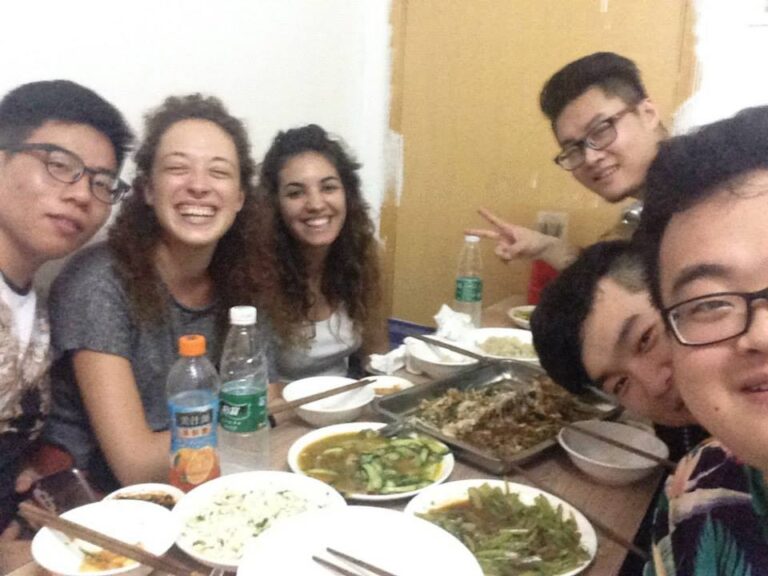
How has your relationship with China evolved over time?
When I came back from that experience it was hard. I went to work in a travel agency in Tuscany but I couldn’t help myself thinking of the fun I had when I organized those cultural activities. So, I found a master degree in Venice about managing cultural and artistic activities (EGArt). I kept studying Chinese with the Confucius Institute and even during my Erasmus+ in Germany I got Chinese lesson and seminars about ancient art history by Bonn Institut für Orient- und Asienwissenschaften.
As I said, I am lucky and I couldn’t believe when I won a spot to travel back to China, this time to a very unusual experience: I went to Mogao Caves UNESCO site in Dunhuang as a guided tour. I never experience again such a high tourism season as I did in that summer 2019. I felt in love with desert Gansu. My thesis is dedicated to the beautiful people of Dunhuang Research Academy. They gave me the opportunities to organize didactic lesson for students and I was a curatorial assistant for the exhibition “Cultural Exchange Along the Silk Road: Masterpieces of the Tubo Period (7th-9th Century)”.
By the time I was writing my thesis about the “Belt and Road Initiative (BRI)” and how it would have effects on the tourism in Gansu, a different kind of international and interpersonal connection was shaping a new world with a disease that got the ominous name of that year. Safe and sound in Italy I started to work. Today I am a Copywriter in field tourism, I write about local artisan and local experiences that can be found in Tuscany which can be transformed in beautiful experiences for tourist to get to know the local and their product. I am still engaged in cultural event and from time to time I keep some seminars with students. I can’t help myself, I love telling stories.
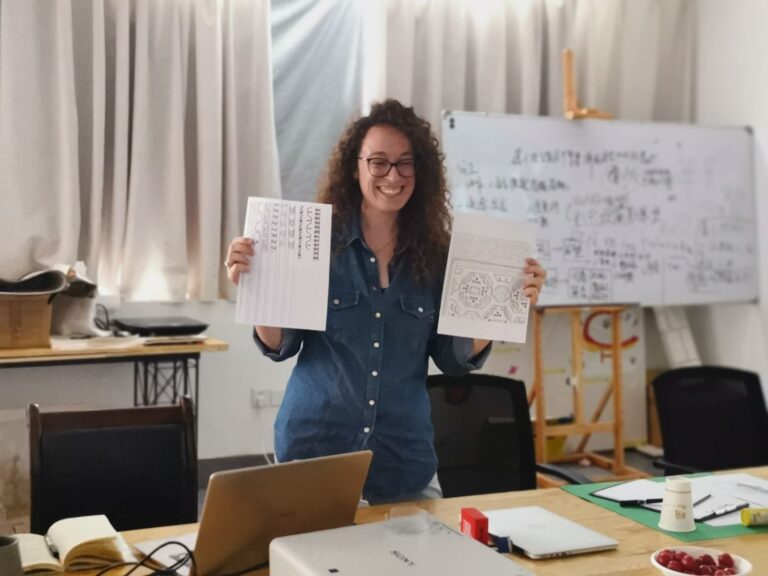
Will 2023 the year for Chinese tourists to come back to Italy in your opinion? And what should be done to attract them back?
2023 hopefully will bring Chinese tourism to Italy again, as well as many will plan their holiday in China. I think despite the unstrained stop we experienced, the tourism business has been continuing to study how to approach online Chinese guests. And I think – as a Copywriter – that the work to be done is to present them the best imagination of post Covid Italy: the rediscovery of slow tourism, the appreciation of local home made crafts and food, real experiences to connect with people and their tradition. “Authenticity” is something that matches very well with Italian imagination, I say let’s keep going in this direction.”
Interview by Marco Bonaglia



